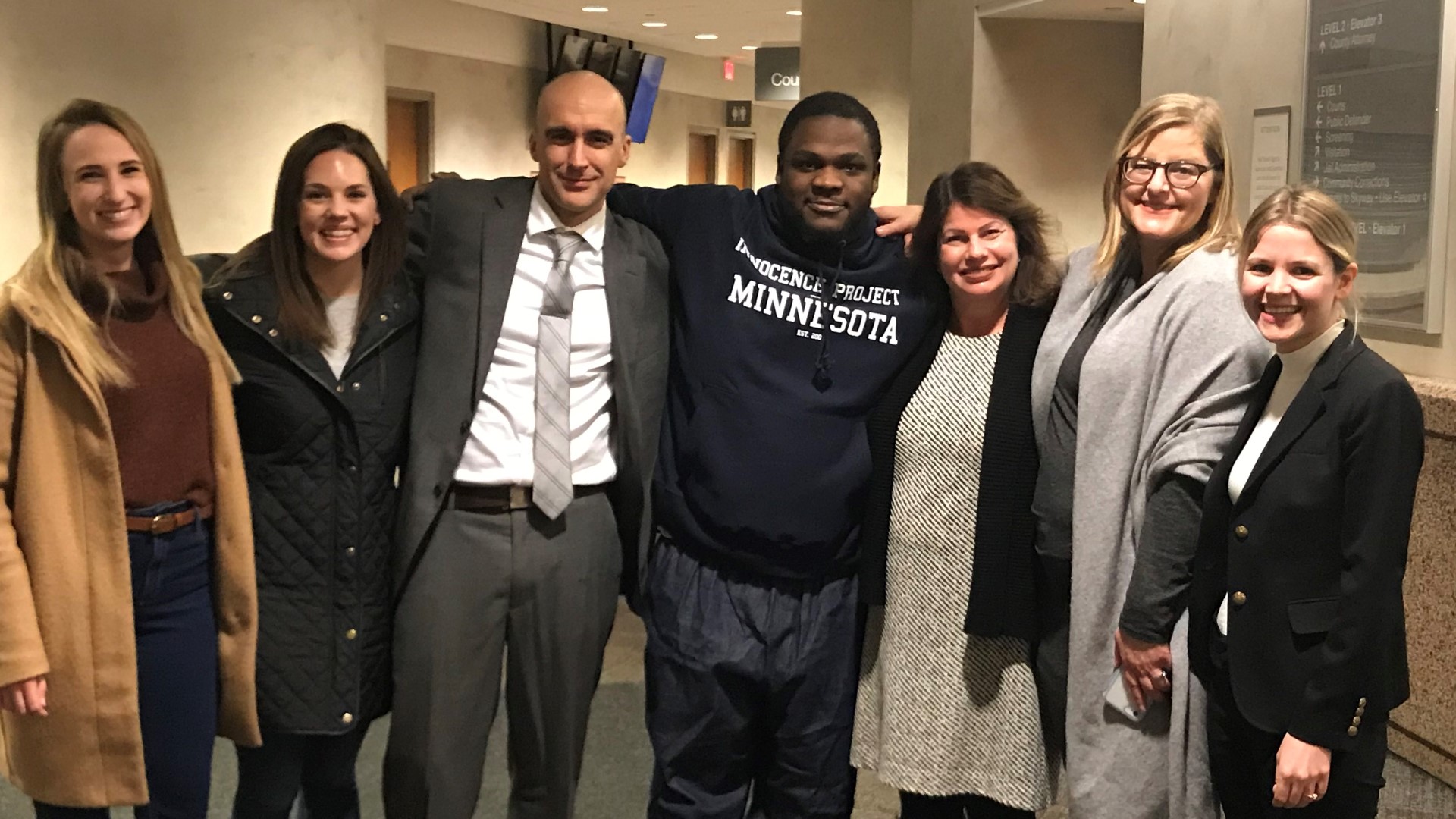You’ve heard of the wrongfully convicted being exonerated of their crimes, but what does it take to get there?
Record of Wrong is a KARE 11 podcast that delves deep into the world of the criminal justice system, from the perspective of the people appealing their convictions.
This six-part series examines the towering obstacles to prove innocence after conviction, and the burden those people carry long after they have been freed.
In a system designed for finality, there is no easy fix for mistakes made early on. The quest for an exoneration is an uphill battle, fighting a powerful system that has been set up to preserve convictions and protect a jury’s verdict. And there are numerous people fighting this battle. Estimates put the number of innocent people in U.S. prisons at 20,000 on the low end, and up to 100,000 at the higher end.
Once a person is found guilty, they lose many fundamental rights, including the right to an attorney and the presumption of innocence. In other words, they become guilty until proven innocent.
This podcast, hosted and produced by KARE 11’s Emily Haavik, follows the stories of four Minnesotans who fought to prove their innocence. Two succeeded - and two were halted by plea offers that came at crucial points of decision. So while they were released, they still carry the weight and consequence of their convictions.
New, unreleased data from the University of Wisconsin Law School shows that plea deals like this, offered to people with compelling evidence of innocence, are a common fixture in the post-conviction criminal justice system. In fact, prosecutors across the country fought to preserve convictions a majority of the time - even within a large group of mostly winning claims of innocence.
RELATED: New research shows prosecutors often fight winning innocence claims, offer deals to keep convictions
So, what’s the solution? We take a look at one of the newest models for combating wrongful convictions in the U.S., which involves prosecutors turning inward and taking a hard look at their own cases. We will learn from a leader in this field: Philadelphia DA Larry Krasner, who has secured 19 of his unit’s 22 exonerations in less than three years. And finally, we’ll hear from Minnesota Attorney General Keith Ellison, who is leading the charge to bring a Conviction Review Unit to Minnesota this year.
“If everybody who is convicted of an offense in Minnesota was convicted on the basis of law and evidence supporting those convictions, and if everybody who's innocent, didn't do what they're accused of, is free, and we can do it on the initiative of the prosecutor,” Ellison said, “I would say we're succeeding.”

